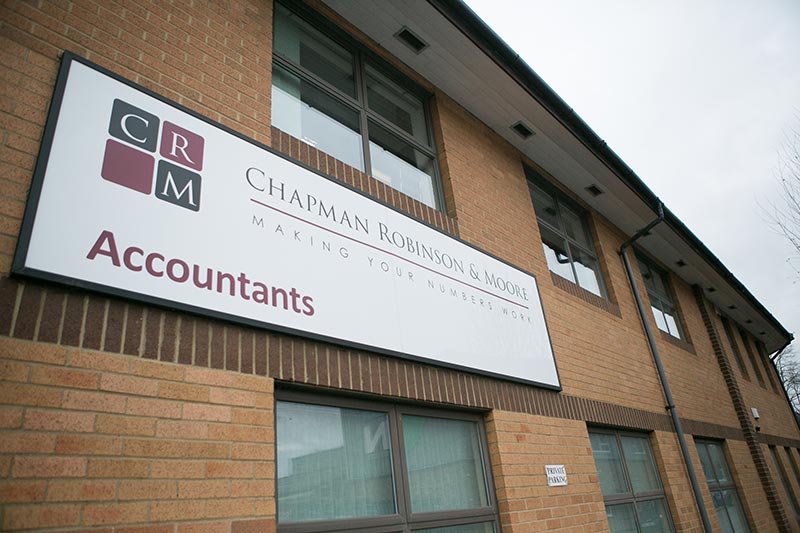Do you make expense payments or provide Benefits in Kind (BIKs) to employees (including you if you are a director of your own limited company)? If so, the deadline for submission of P11D and associated forms to report these amounts for 2011/12 is 6th July 2012.
Penalties for incorrect or late returns can be significant; late P11Ds incur a £300 charge each, with a P11D(b) incurring a £100 penalty. Penalties for incorrect P11Ds are up to 100% of the tax underpaid, in addition to paying the tax plus interest.
Class 1A National Insurance Contributions (NIC) is due on the value of most BIKs and must be received by 19th July for cheques, or have cleared funds by 22nd July for electronic payment. Please note that this is a Sunday, so in reality funds need to be cleared by Friday 20th July. Late payment will attract interest charges and may also result in a penalty being charged (see our earlier article) for details of different ways of making payment, please see the HMRC website.
To help you avoid the heavy potential penalties, here are our most commonly identified errors in P11Ds:
1. Not dealing properly with business and private fuel
This is a particular problem where there is a company car but private fuel is not provided due to the very high additional tax due, but can also be an issue where mileage claims for business mileage in private cars are not dealt with properly. All mileage payments (whether reimbursing the employer for private mileage or for claiming business mileage) should be made in a written claim detailing the number of miles and charged at an appropriate rate, either the full AMAPS rate for your own car, or the fuel only rate for a company car.
It is not strictly correct to say drive to Scotland and back on business and just fill up the tank on the company card, even though this may seem a logical solution. Paying for one drop of private fuel (which includes regular commuting) can result in a fuel benefit being charged for the entire year. On a related point, it is important to remember that if private fuel is paid for and VAT is reclaimed on fuel, a Road Fuel Scale Charge must be accounted for on your VAT return.
2. Company vans
Where employees’ private use of a company van is restricted to commuting and “insignificant” private use (e.g. going to the tip once or twice a year), there is no tax charge. Where there is more than insignificant private use, a flat rate BIK of £3,000 for the use of the van and £550 for provision of fuel is imposed. The difficulty which can be come across is in proving that the exemption applies when the question is raised at a routine PAYE inspection. Best practice is to either keep mileage records or have a written policy prohibiting private use signed by the employee. For HMRC guidance on company vans, see http://www.hmrc.gov.uk/vans/index.htm
3. Incorrect reporting of expenses reimbursed
Common errors include not reporting expenses due to having a dispensation when the dispensation does not cover all the expense payments made, forgetting to include the VAT reclaimed on the expenses, and not reporting the expenses because they would not be taxable on the employee (instead exemption should be claimed on their tax return or form P87)
4. Including items on a P11d when they should go through the payroll
Common examples include “cash vouchers” (e.g. vouchers redeemable in high street shops or supermarkets) and the employer paying a bill in an employee’s name (as opposed to contracting with a supplier for the benefit of the employee). In the latter case, a subtle difference can have a drastic result; e.g. an employer takes out mobile phone contract and provides use of the phone to employee results in no tax charge on the employee and full tax relief for the employer. If the employer instead pays a phone bill which is in the employee’s name, then that should be subject to PAYE and NIC through the payroll.
5. Incorrect price used for company car
The legislation requires the manufacturer’s list price including VAT and optional accessories when new to be used as opposed to the price paid, even if the car was bought brand new from a dealership.
6. Incorrect classification of travel costs
This can be a very difficult area, but common errors include claiming for commuting between home and a permanent workplace and treating travel under a fixed term contract as a temporary place of work as it is under 24 months but attendance is for all of the period of employment.
7. Mileage payments in excess of authorised rates not declared
There is nothing to prevent mileage payments being made which exceed AMAP rates (45p/mile for the first 10,000 business miles in a tax year and 25p/mile thereafter), but any excess must be charged to tax via the P11D.
8. Not reporting costs which relate to exempt mileage payments
Typical examples are parking and toll charges reimbursed in addition to the AMAP payment. These must be declared but are not taxable on the employee provided they relate to bona fide business trips.
If you have any concerns with your reporting requirements, please get in touch with your usual contact at CRM.

